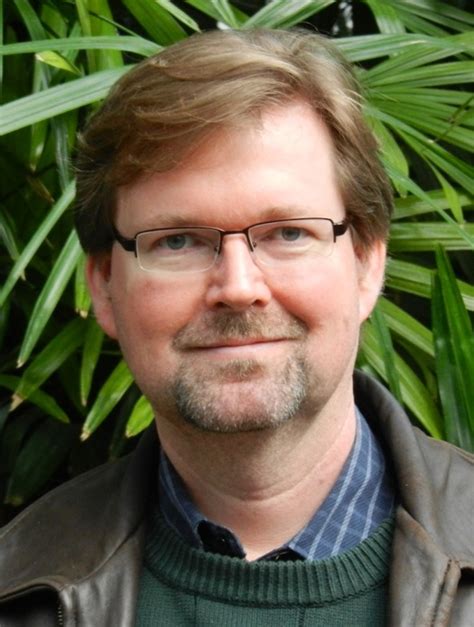Over the past 20 years, my laboratory has worked on the development self-cleaving affinity tags for the capture and initial purification of recombinant proteins. The goal of this work is a truly general platform for the traceless and tagless affinity purification of virtually any target protein expressed in any recombinant host. Although tag-based affinity methods are common at laboratory scale, the expense and complexity of tag removal have prevented these methods from being adopted at manufacturing scale. Thus, an effective self-cleaving tag method would constitute a disruptive advance, with the potential to provide a new platform unit operation for the preparation of therapeutic products. In this presentation, I will discuss our development of intein-based self-cleaving tag methods in the context of the changing biopharmaceutical industry. This will include the basic approaches used to engineer new self-cleaving tags, and how those approaches relate to industry pressures in the highly regulated and conservative biopharmaceutical industry. In our most recent work, we have demonstrated the ability to purify fully processed glycoproteins from mammalian cell culture hosts, and we have incorporated this method into a portable biopharmaceutical factory platform. This platform is now capable of providing highly purified targets, in a traceless and tagless form using a single column step, from virtually any expression system capable of producing the folded protein. The simplicity of this approach suggest a strong future in the rapid development of new biosimilars, as well as additional applications in pure research and the production of novel non-mAb targets.

David Wood is a Professor of Chemical and Biomolecular Engineering at The Ohio State University, and previously at Princeton University. He received his undergraduate degree from Caltech in 1990 with a double major in Chemical Engineering and Molecular Biology, and then worked on Neupogen® manufacturing at Amgen and downstream process development at Bristol Myers Squibb. Since receiving his PhD from Rensselaer Polytechnic Institute over the 20 ago, professor Wood has developed groundbreaking new technologies in downstream bioprocessing, with a focus on self-cleaving affinity tag methods. His work has led to several issued patents in this area, and he is now an active consultant in the area of biosimilars development and intellectual property.

